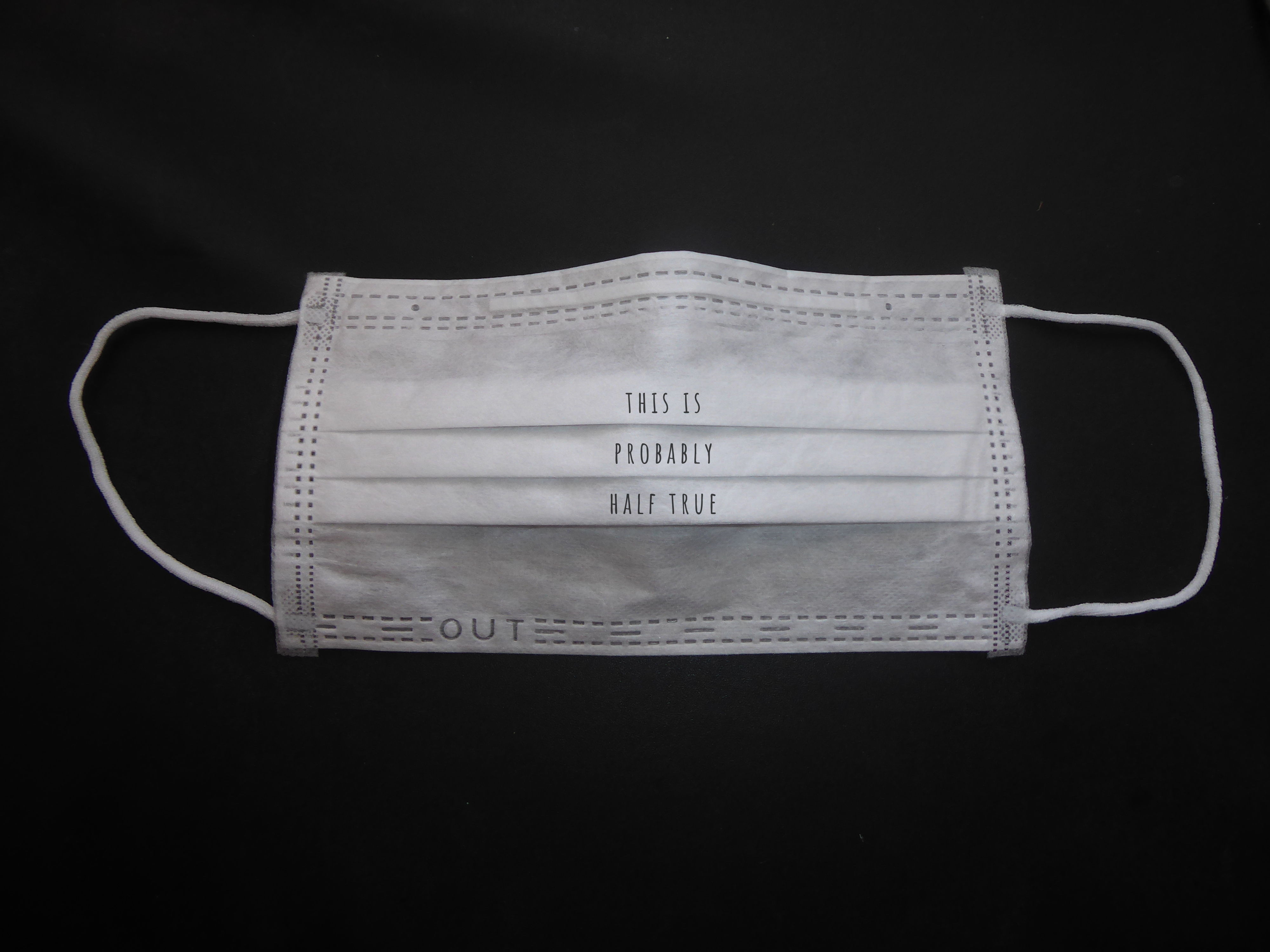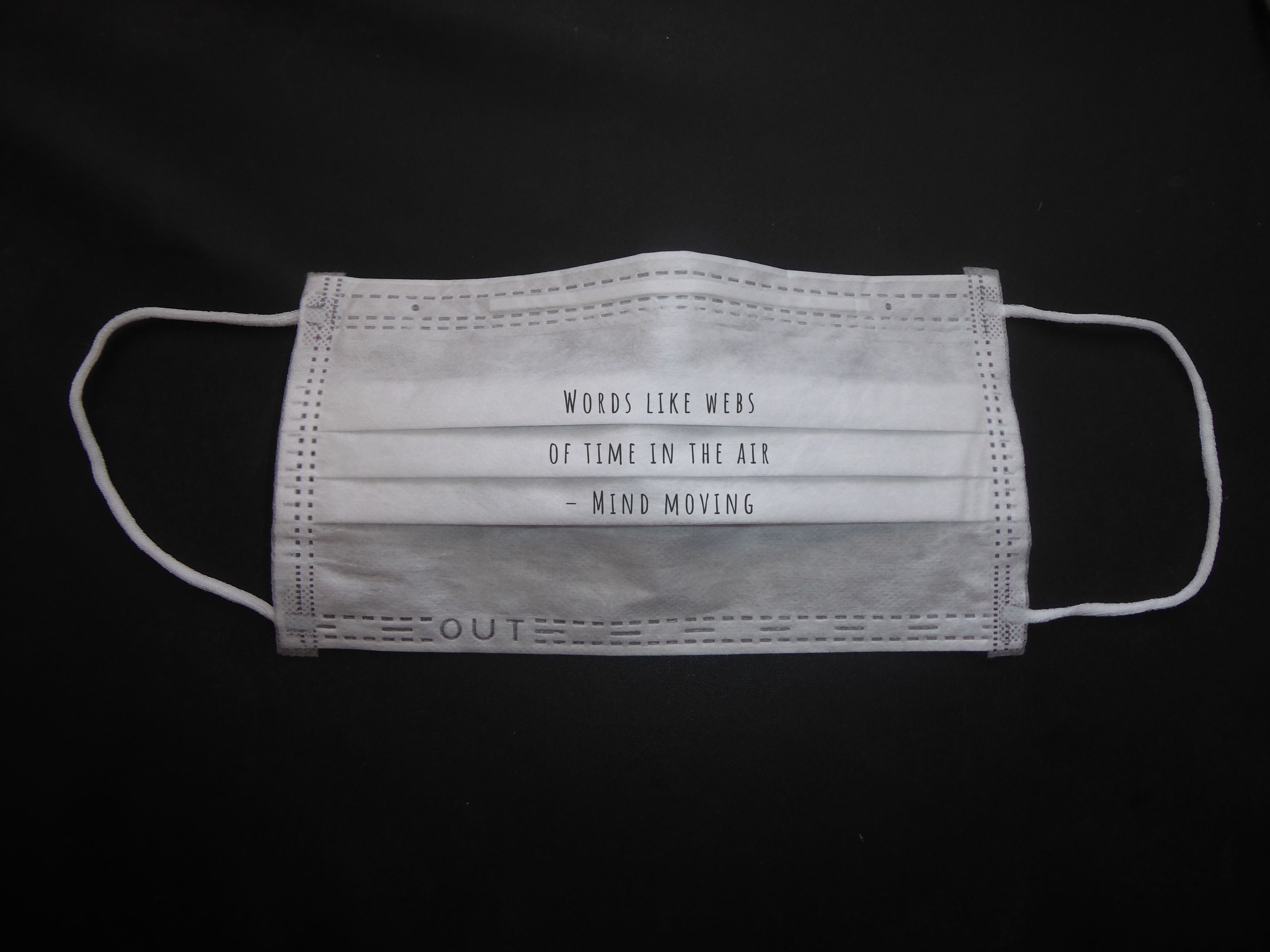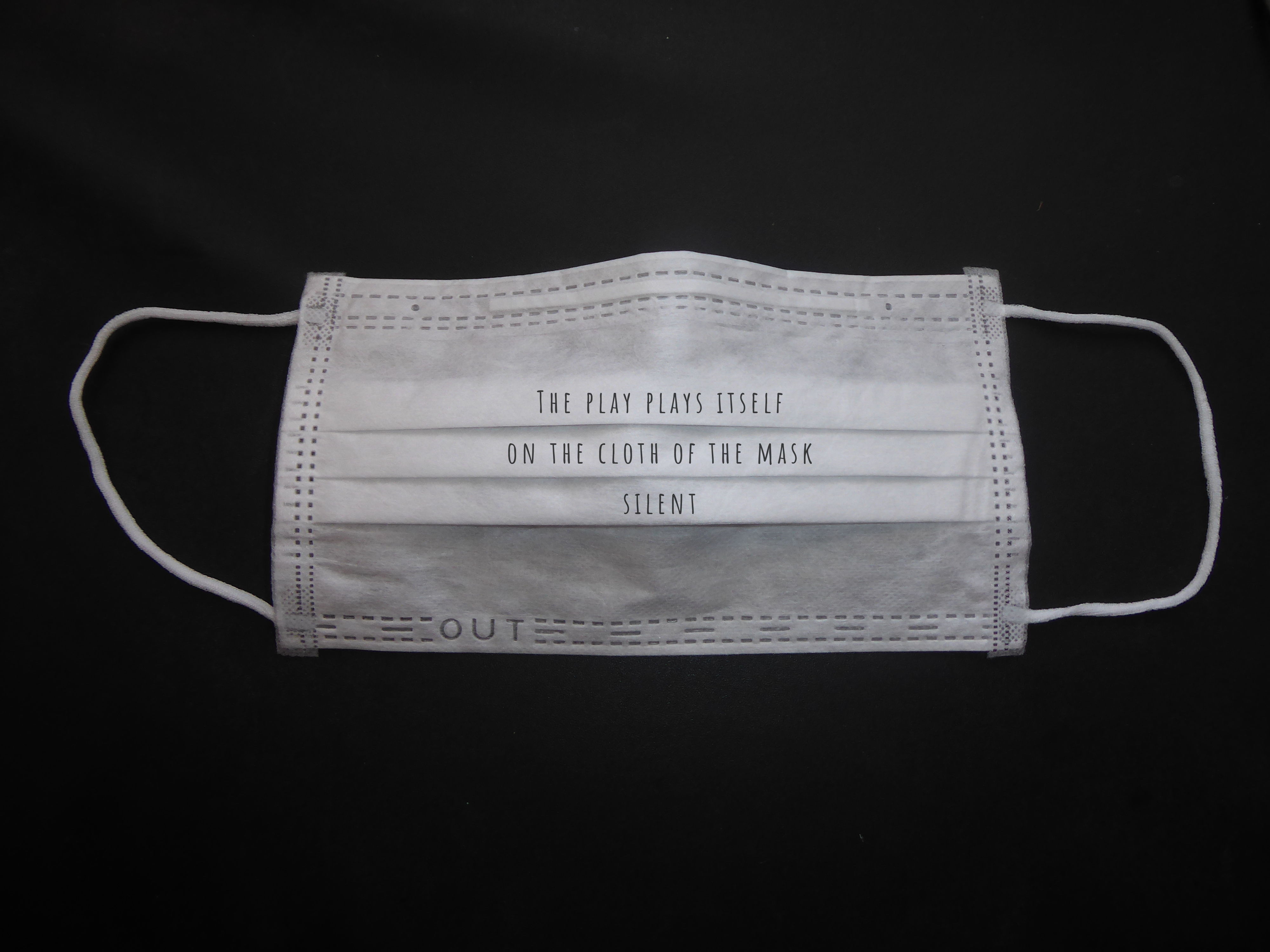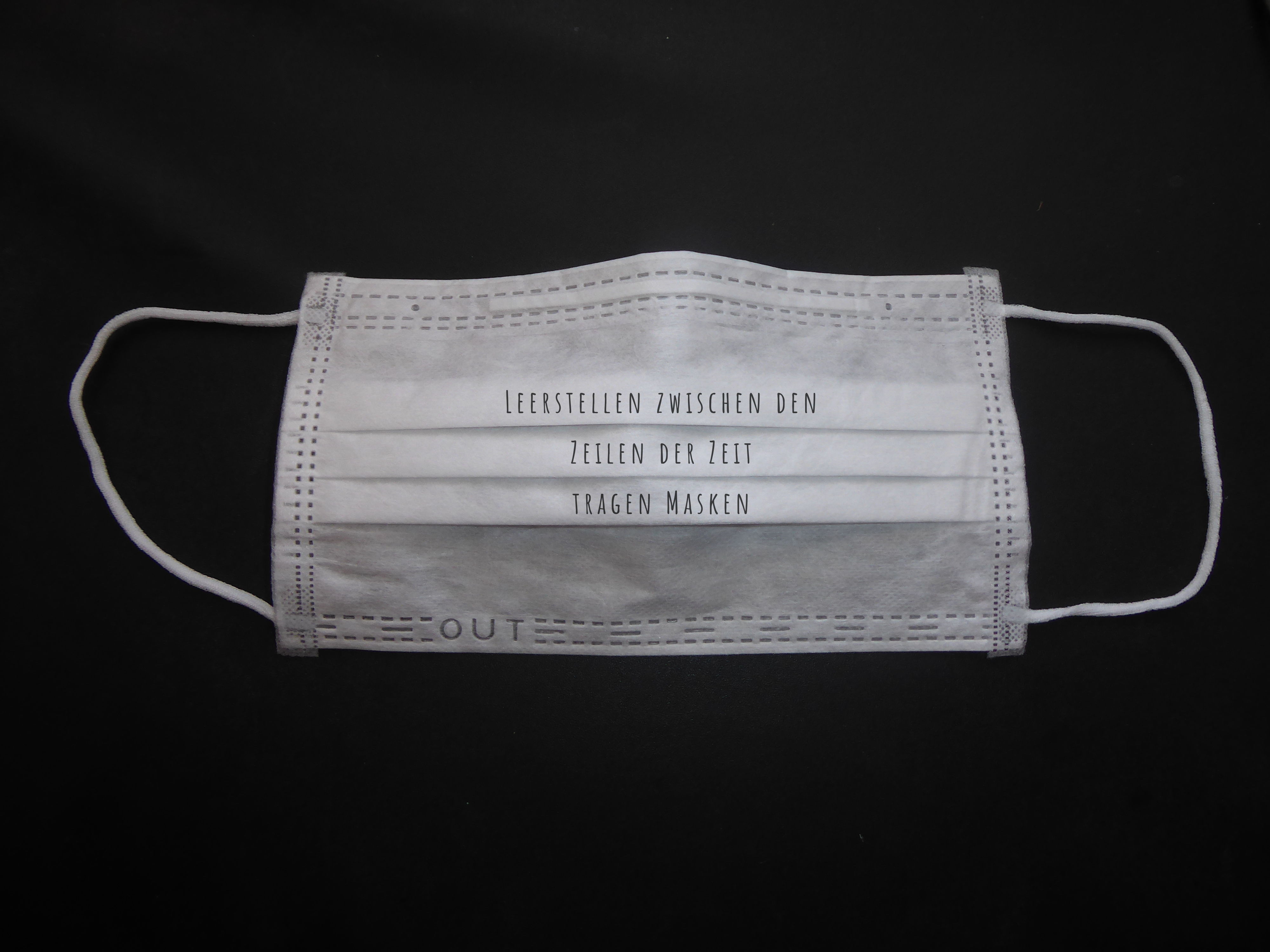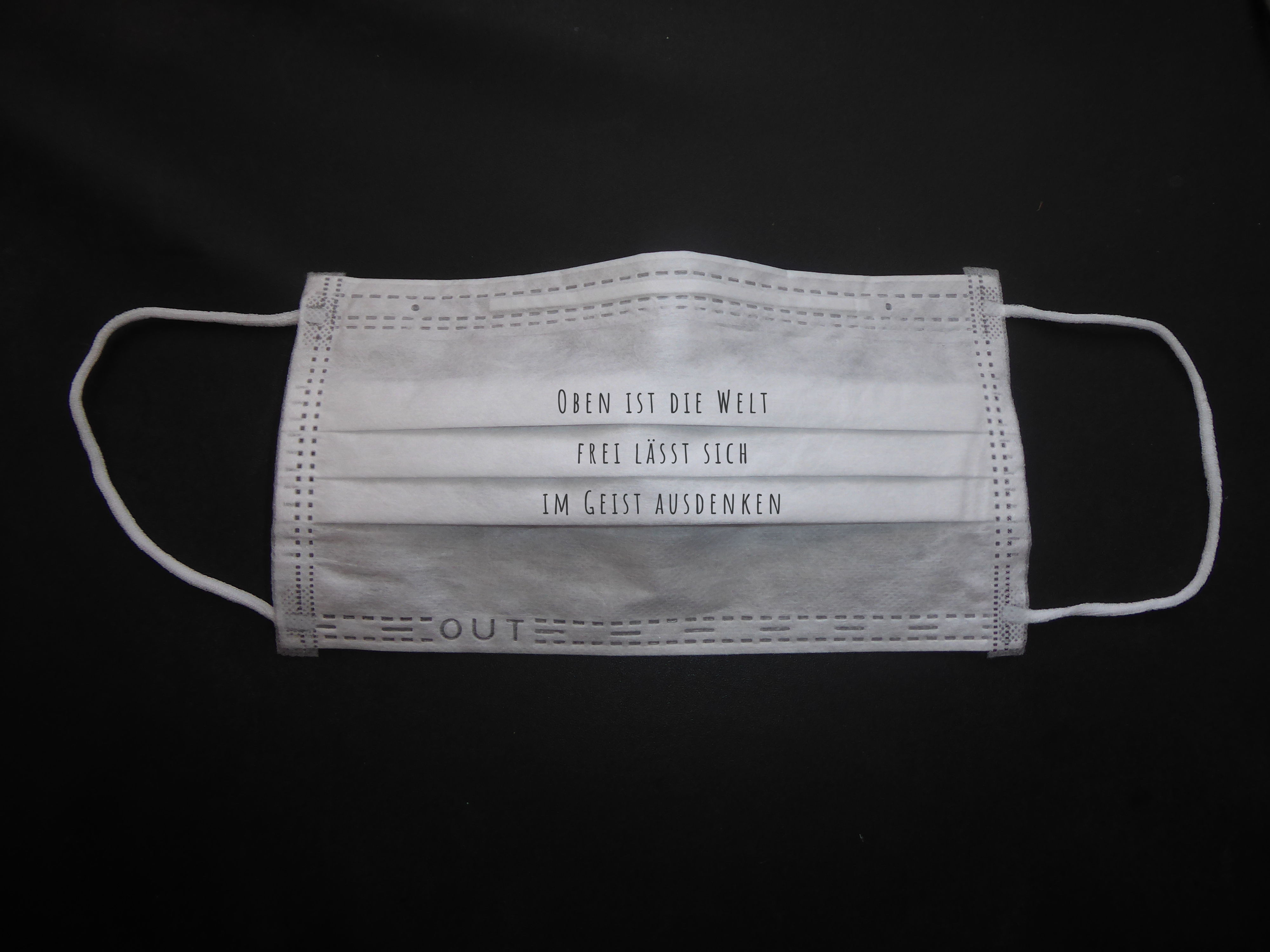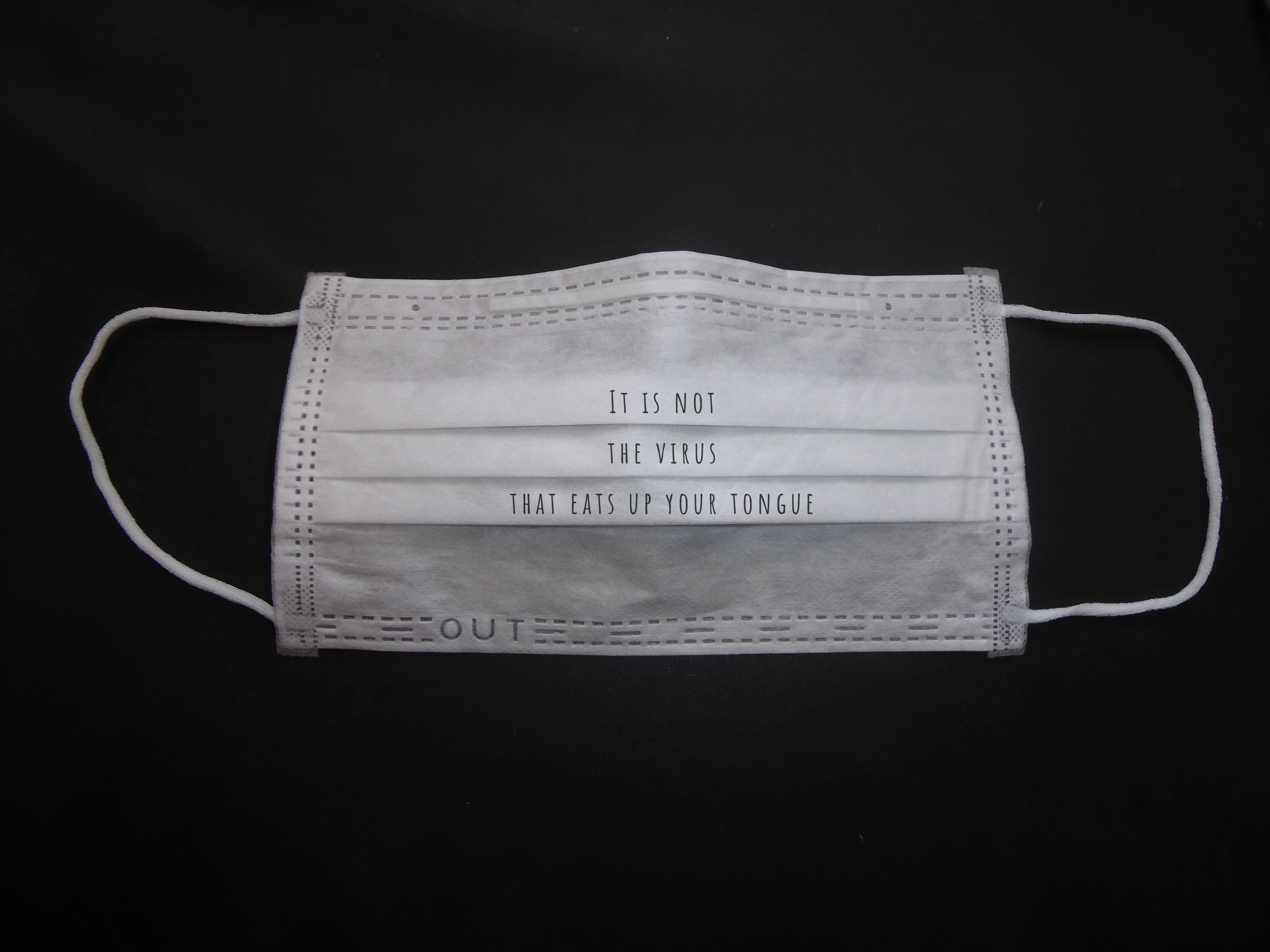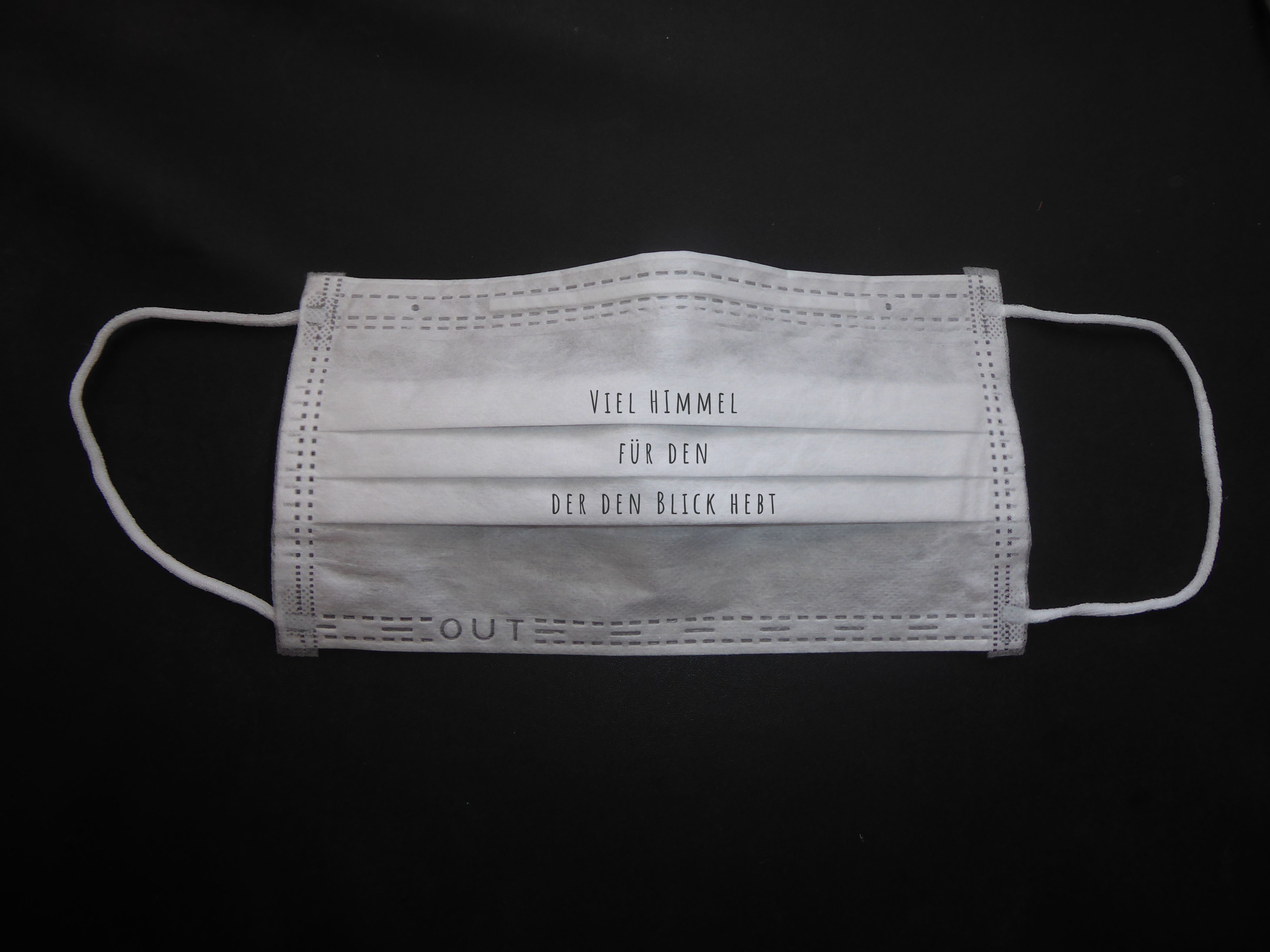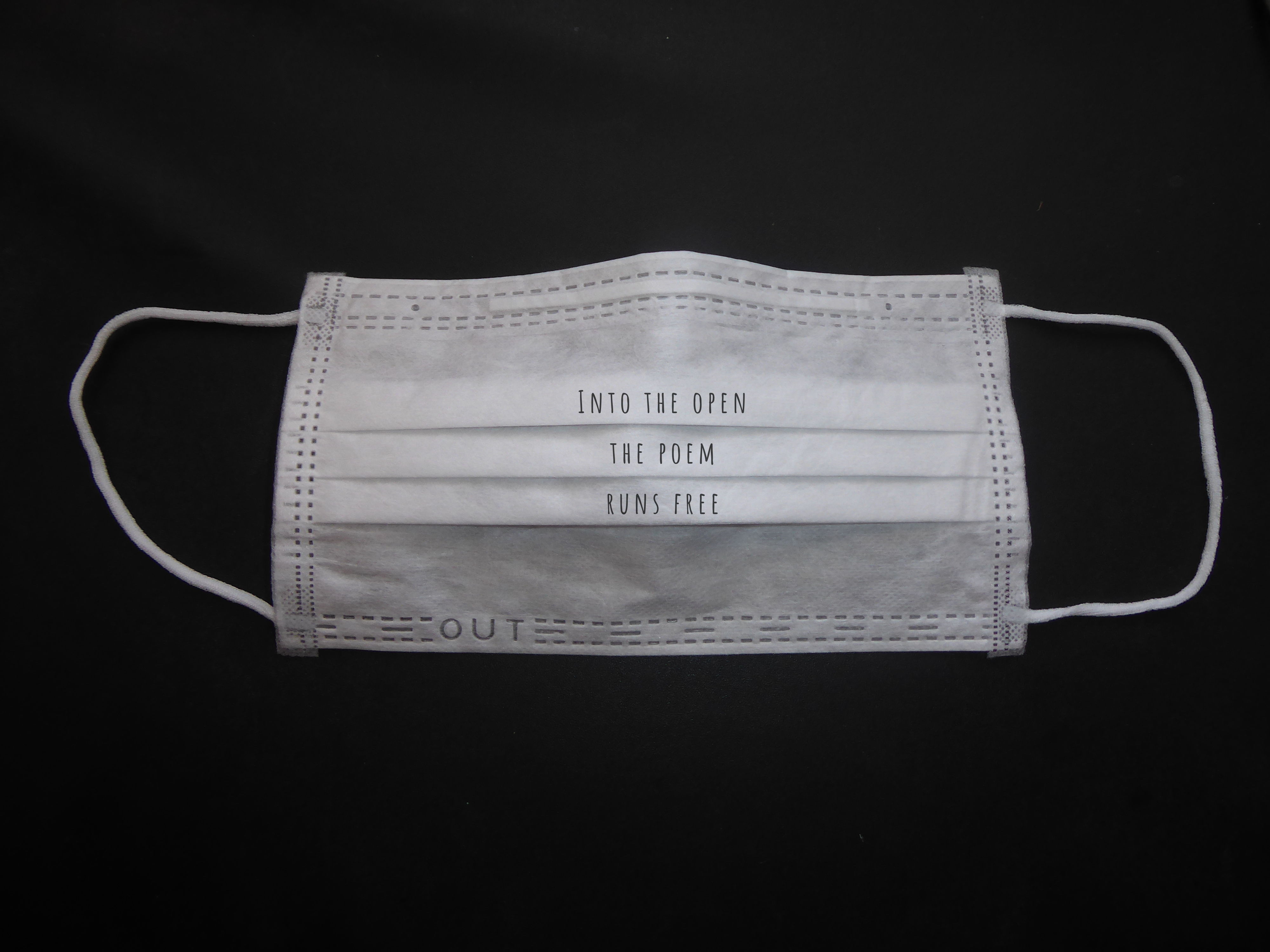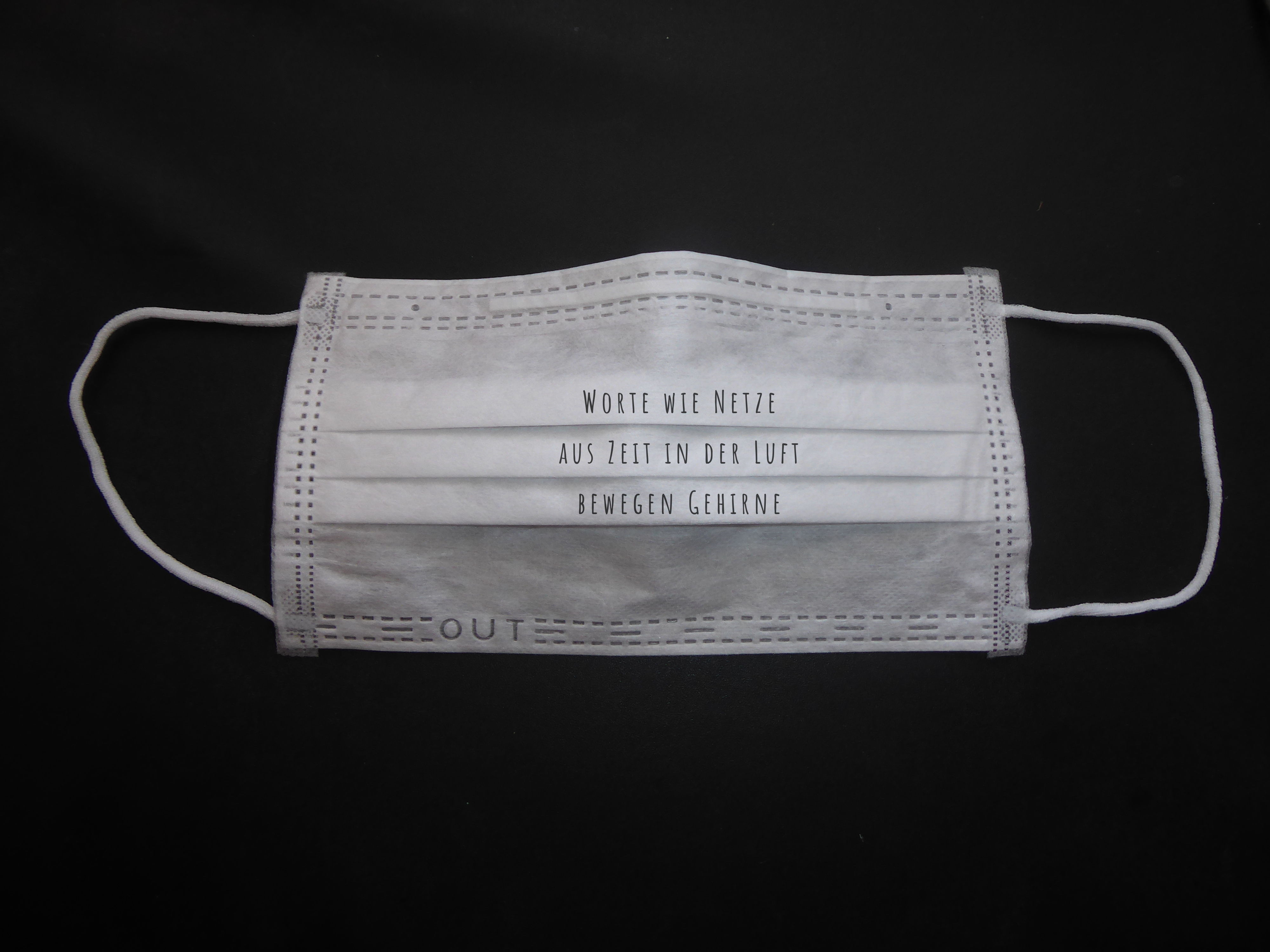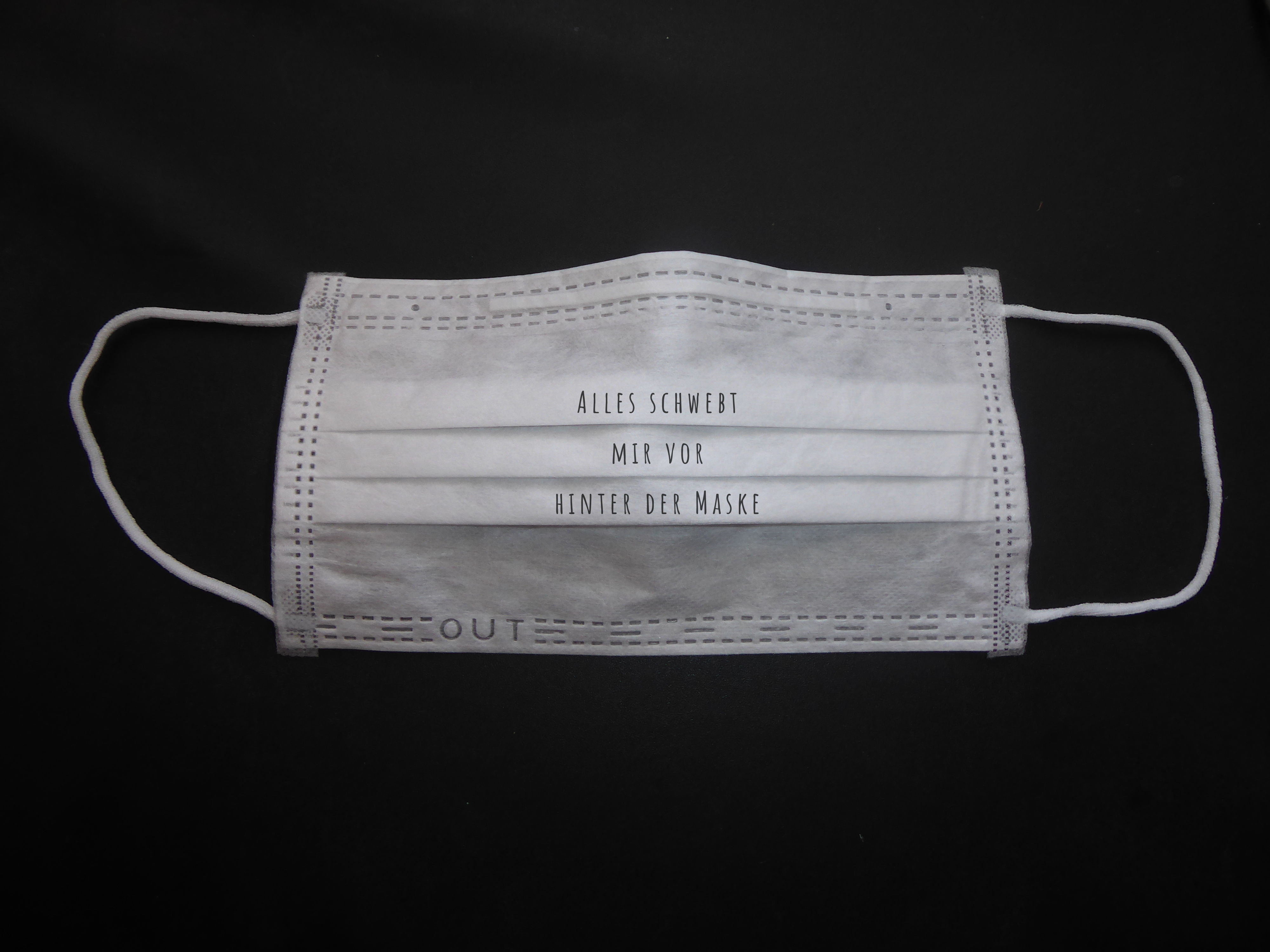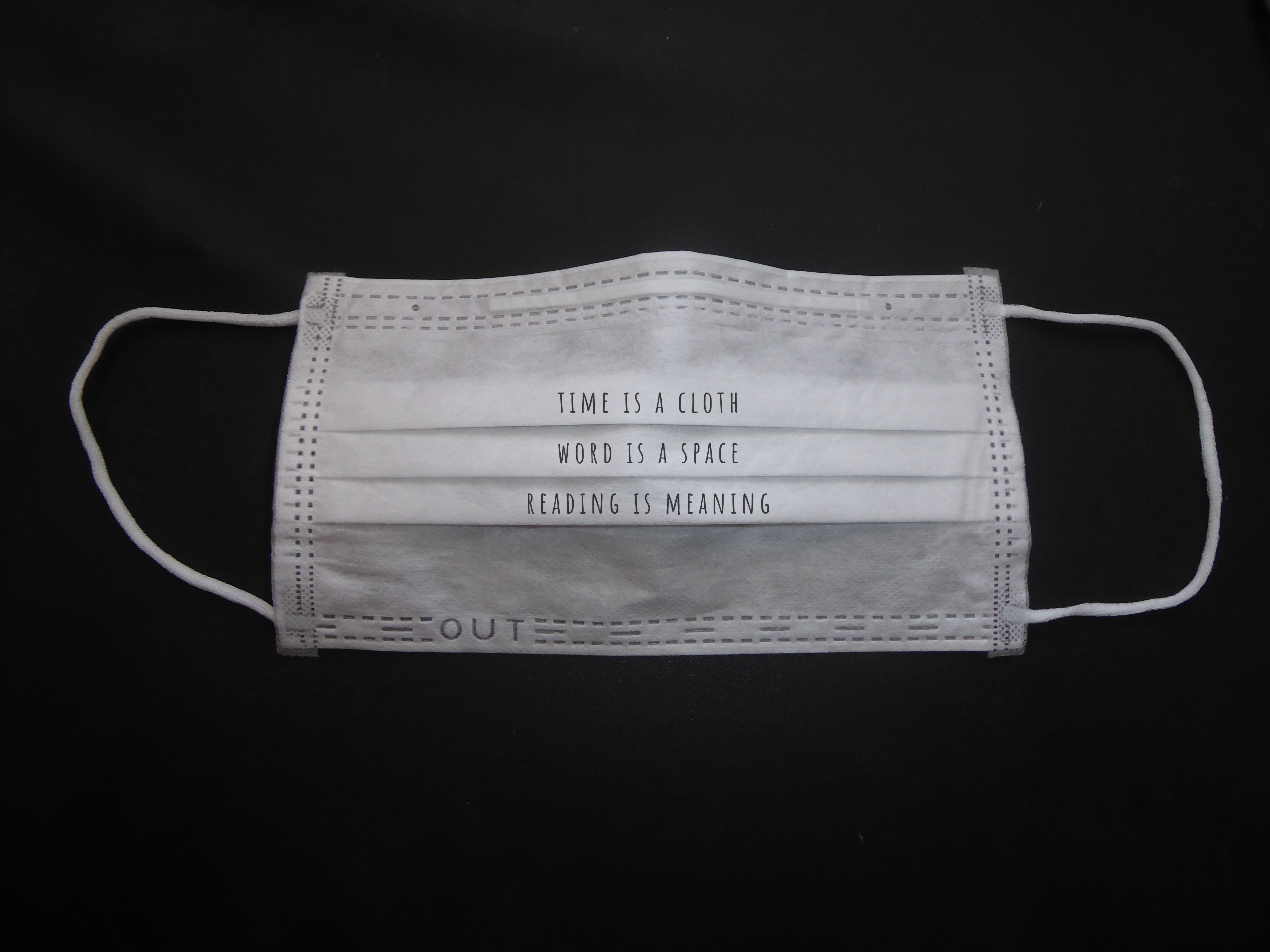In my artistic research project “Animals are Looking at You” I focus on nature, looking back, returning our invasive, inquiring, insistent, prejudging, wondering, incidental, negligent gaze. The research question is: What happens with us when we expose ourselves to the gaze of animals?
In his eighth Duino Elegy1) Rainer Maria Rilke describes the human gaze as a sovereign gaze, always fixating and controlling, and setting traps – in contrast to the openness of the gaze of animals.
This sovereign gaze is still dominant in the field of nature observation. In nature documentations and nature photography the human observer controls the situation that is arranged as a trap, with the observing subjects hidden, under cover, pointing their optical instruments at the animal and transforming it into an object.
My project breaks with this tradition. It deliberately looks out for the gaze of the animals. The photographer enters the visual field of the animal and reveals herself as a human animal, as a member of a co-species. The encountered animal turns towards her and looks at her, and these gazes are captured.
The photographic results of the project force the viewers to face up to these gazes. The gaze of the animals points at them, now turning them into objects of observation. Something happens, as Jacques Derrida wrote:
“The animal looks at us, and we are naked before it. Thinking perhaps begins there.”2)
Questions start to form, about what the animals might see in us, about the message delivered from their eyes into our eyes, into our minds – and questions arise about ourselves, our (human) nature and how we might discover ourselves, establish ourselves in a new way in this gaze of nature.
Poster: ANIMALS ARE LOOKING AT YOU
-
„Mit allen Augen sieht die Kreatur / das Offene. Nur unsre Augen sind / wie umgekehrt und ganz um sie gestellt / als Fallen, rings um ihren freien Ausgang.“ Rilke, R. M. (1955-1966). Duniser Elegien. Die achte Elegie. In ders., Sämtliche Werke, Band 1–6, Bd. 1, Wiesbaden und Frankfurt a. M.; S. 714-717.
- Derrida, J. (2002). The animal that therefore I am. Transl. by D. Willis. Critical Inquiry, 28, 369-418; p 397.

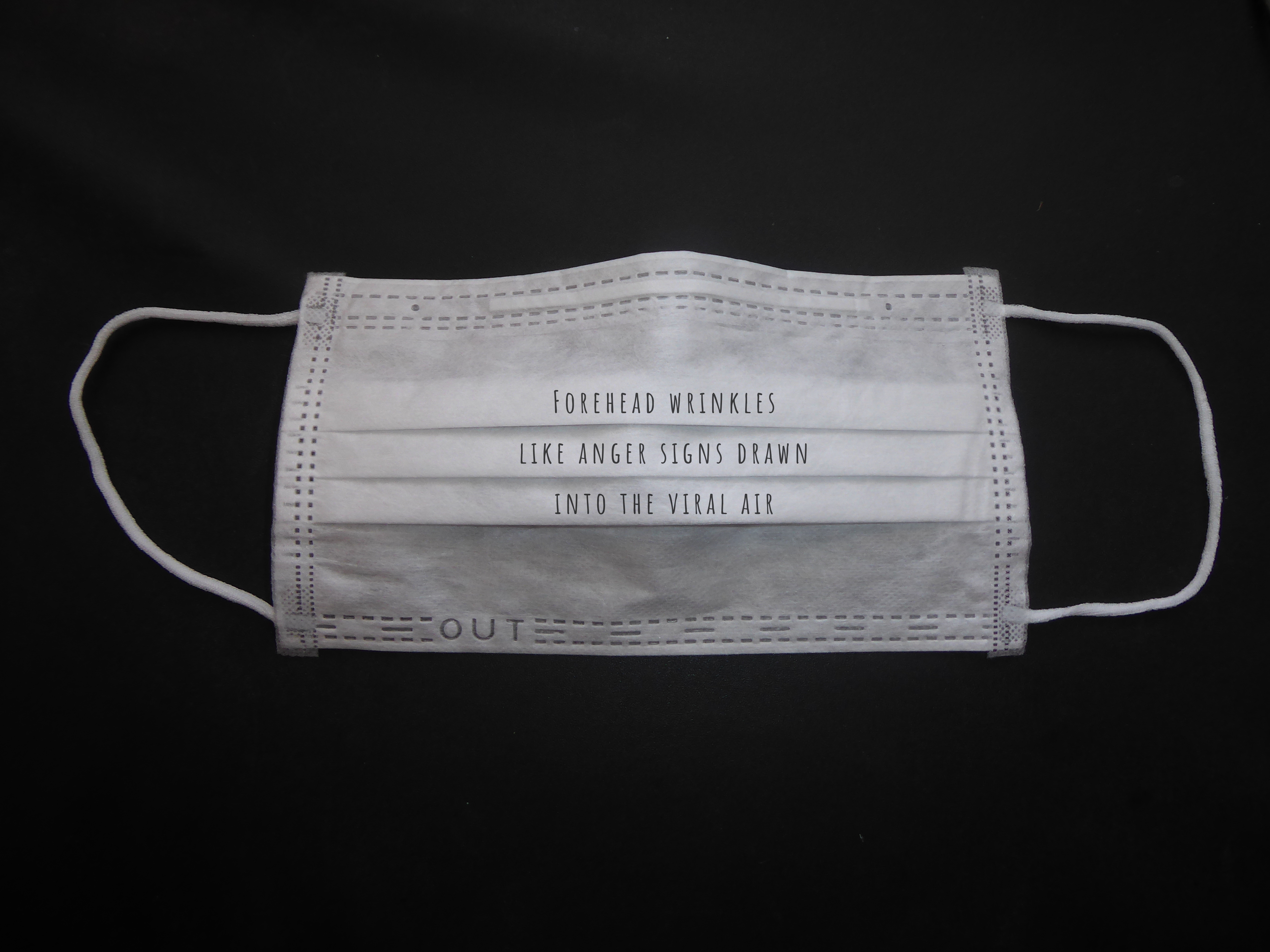 mask poem 12
mask poem 12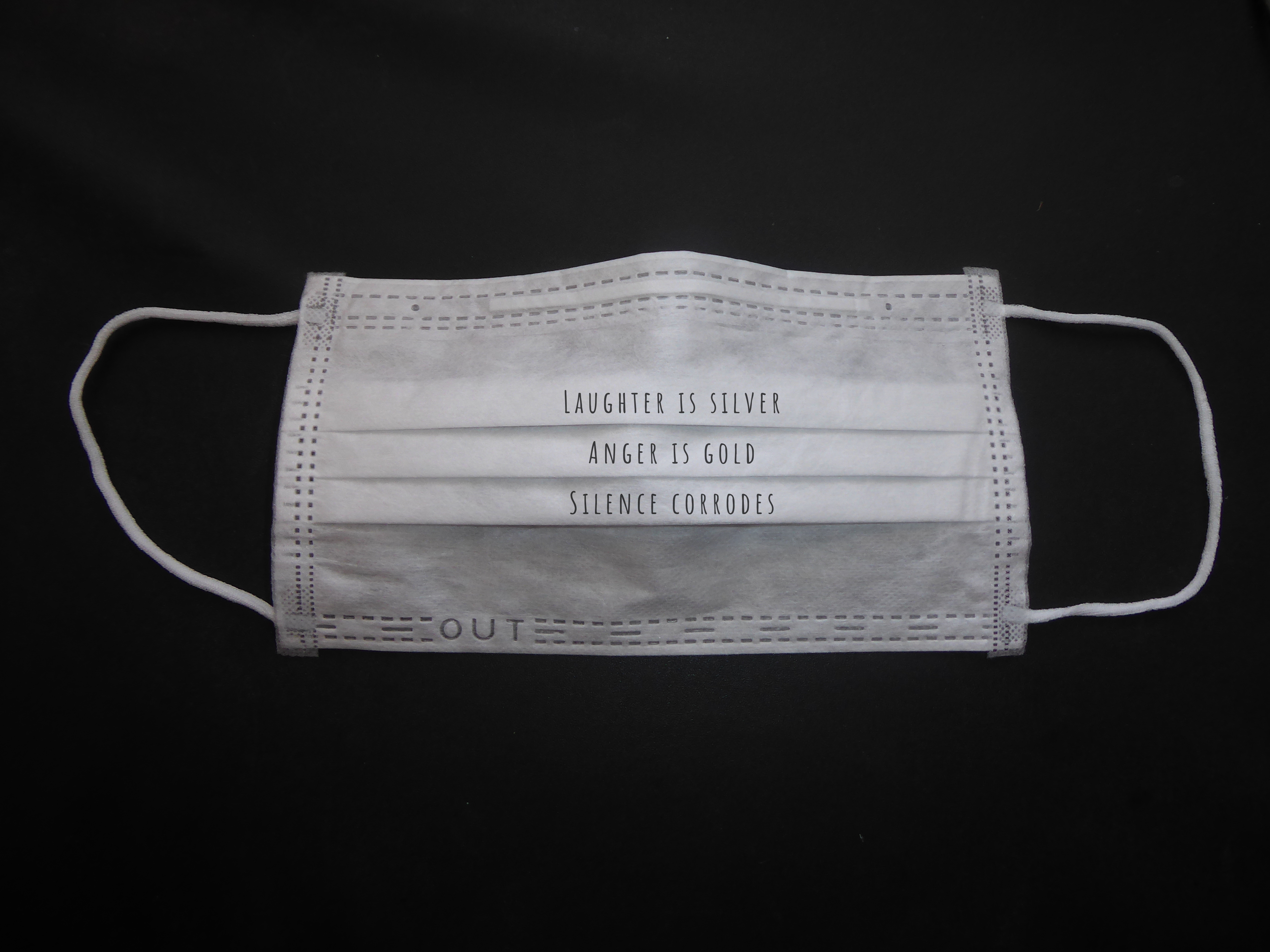 mask poem 13
mask poem 13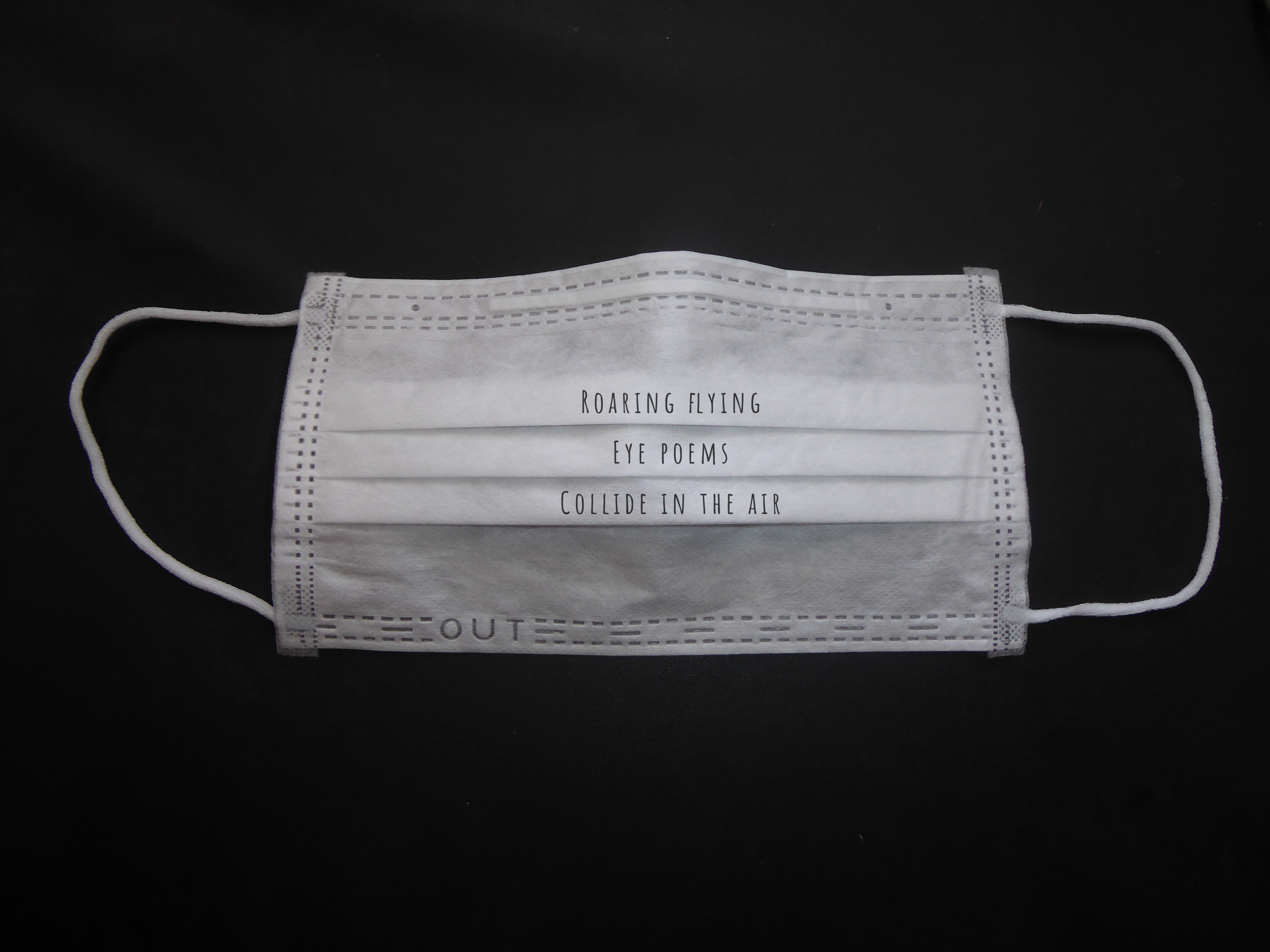 mask poem 14
mask poem 14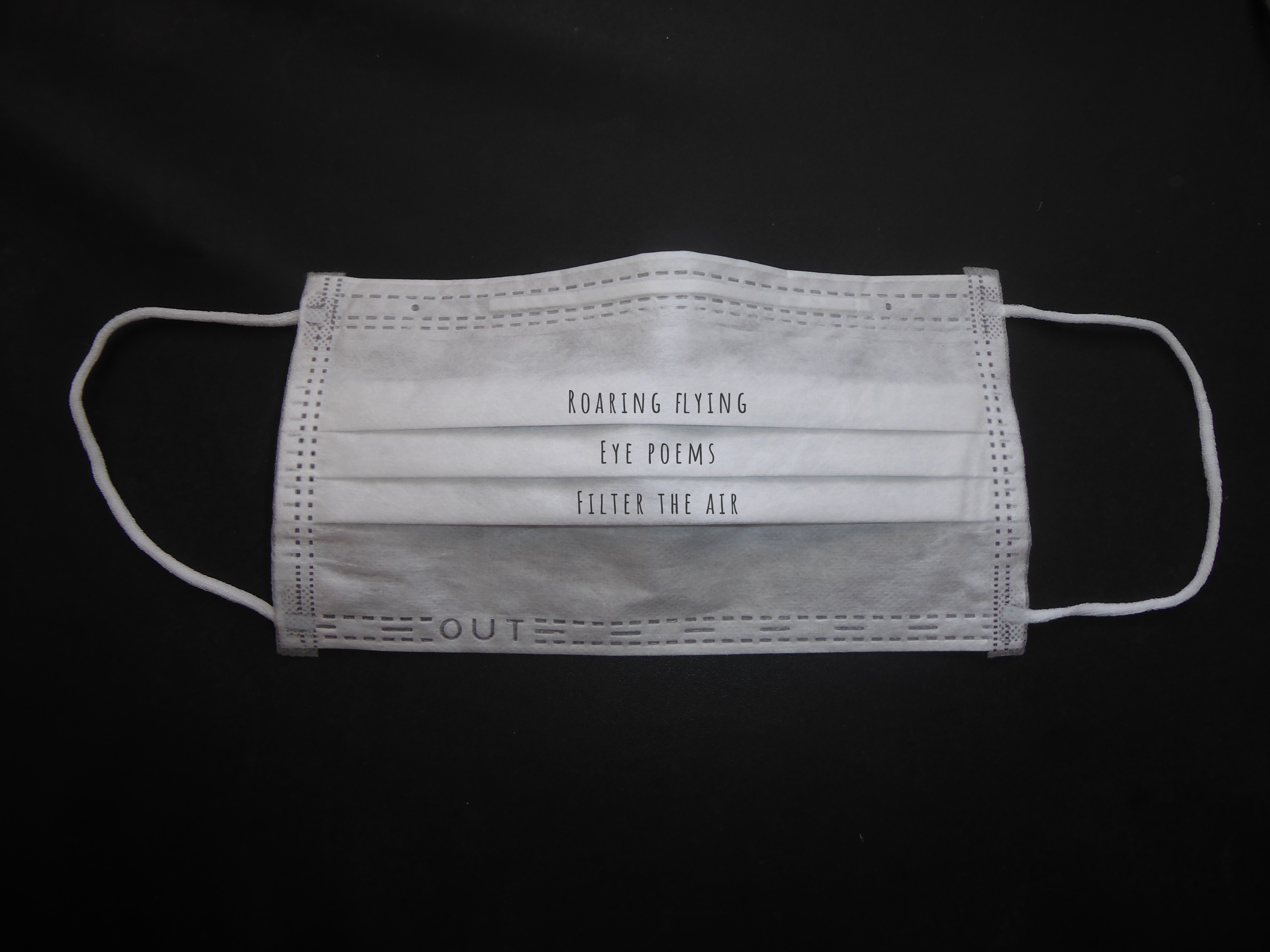 mask poem 15
mask poem 15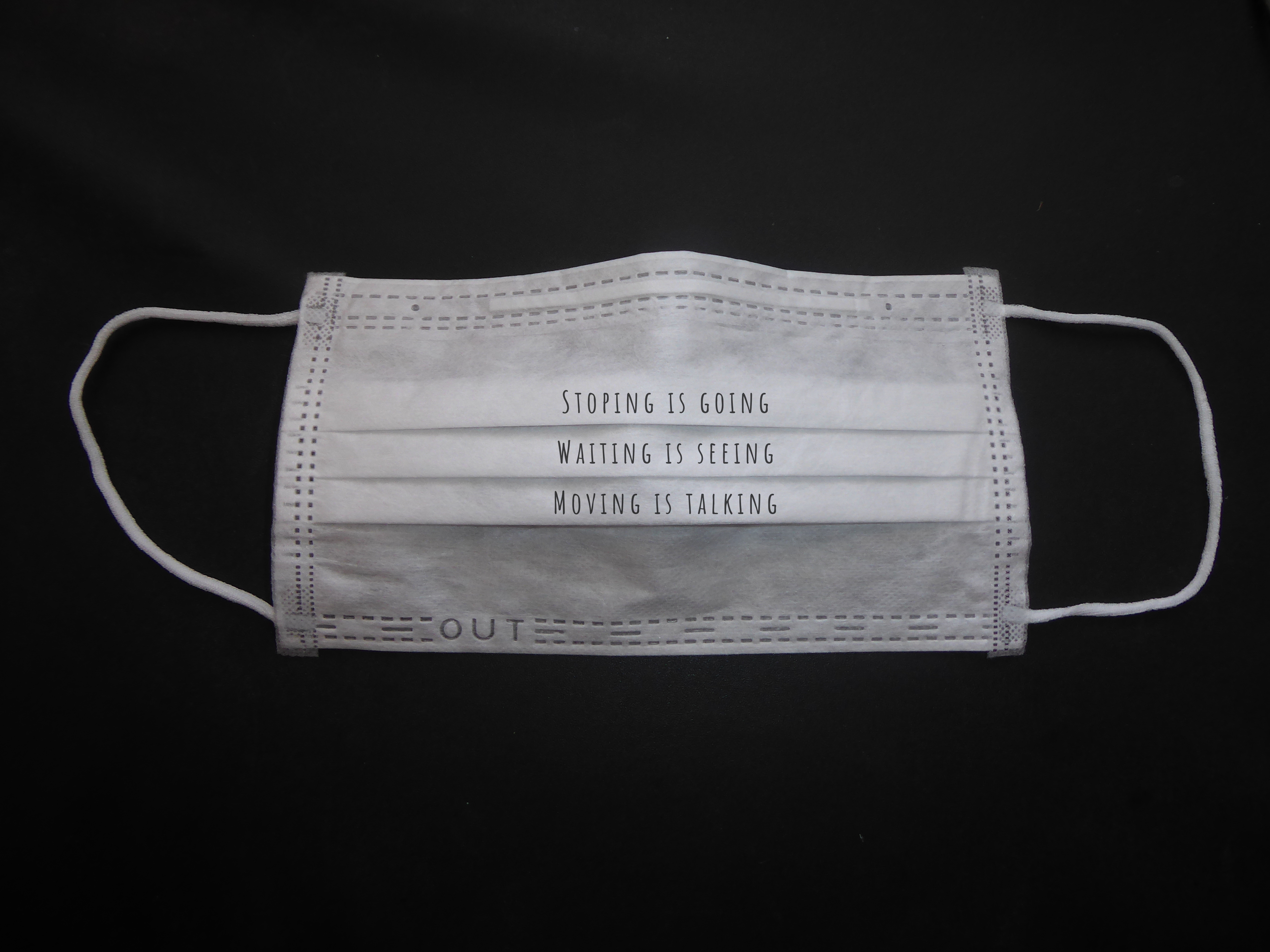 mask poem 16
mask poem 16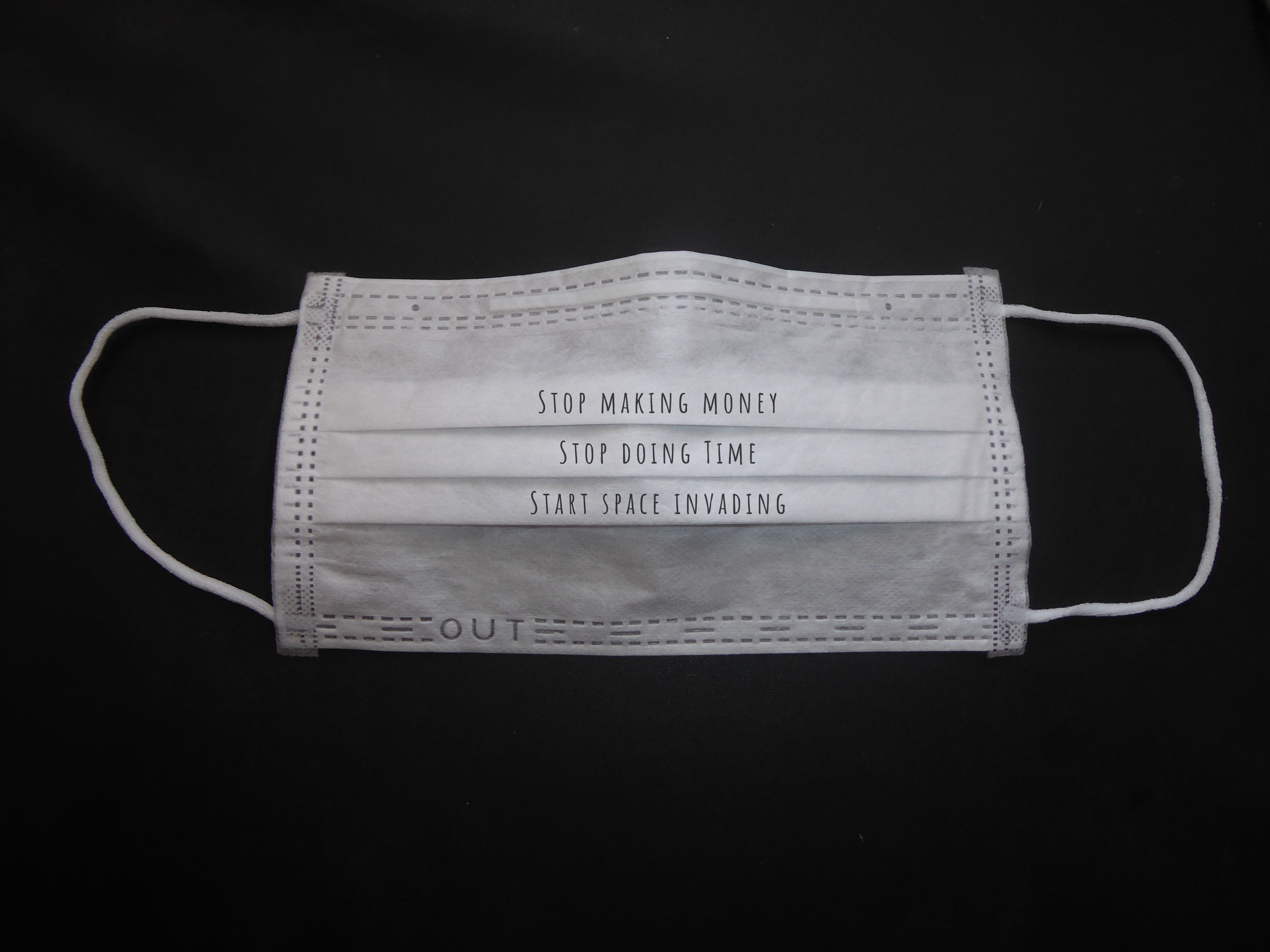 mask poem 17
mask poem 17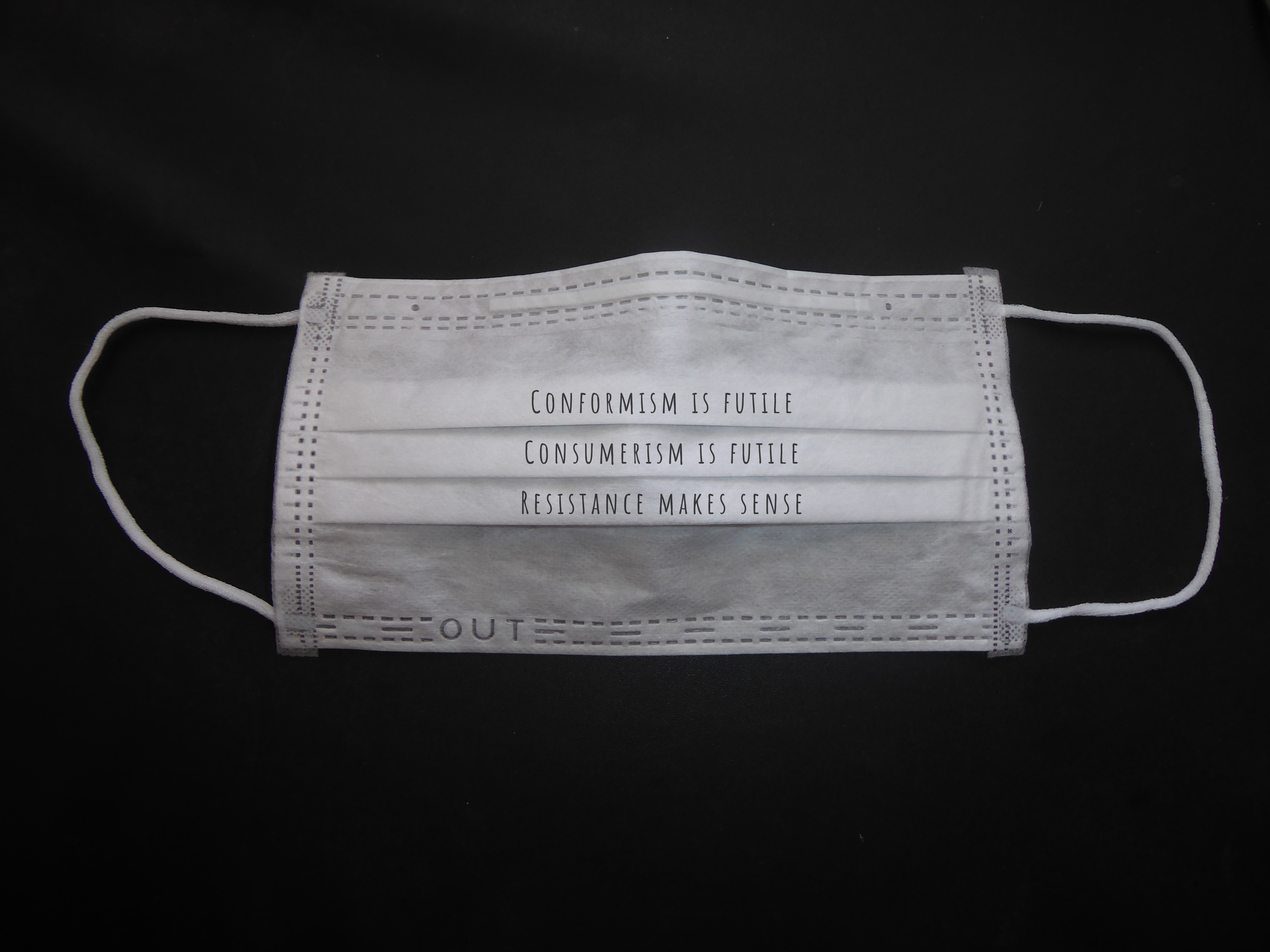 mask poem 18
mask poem 18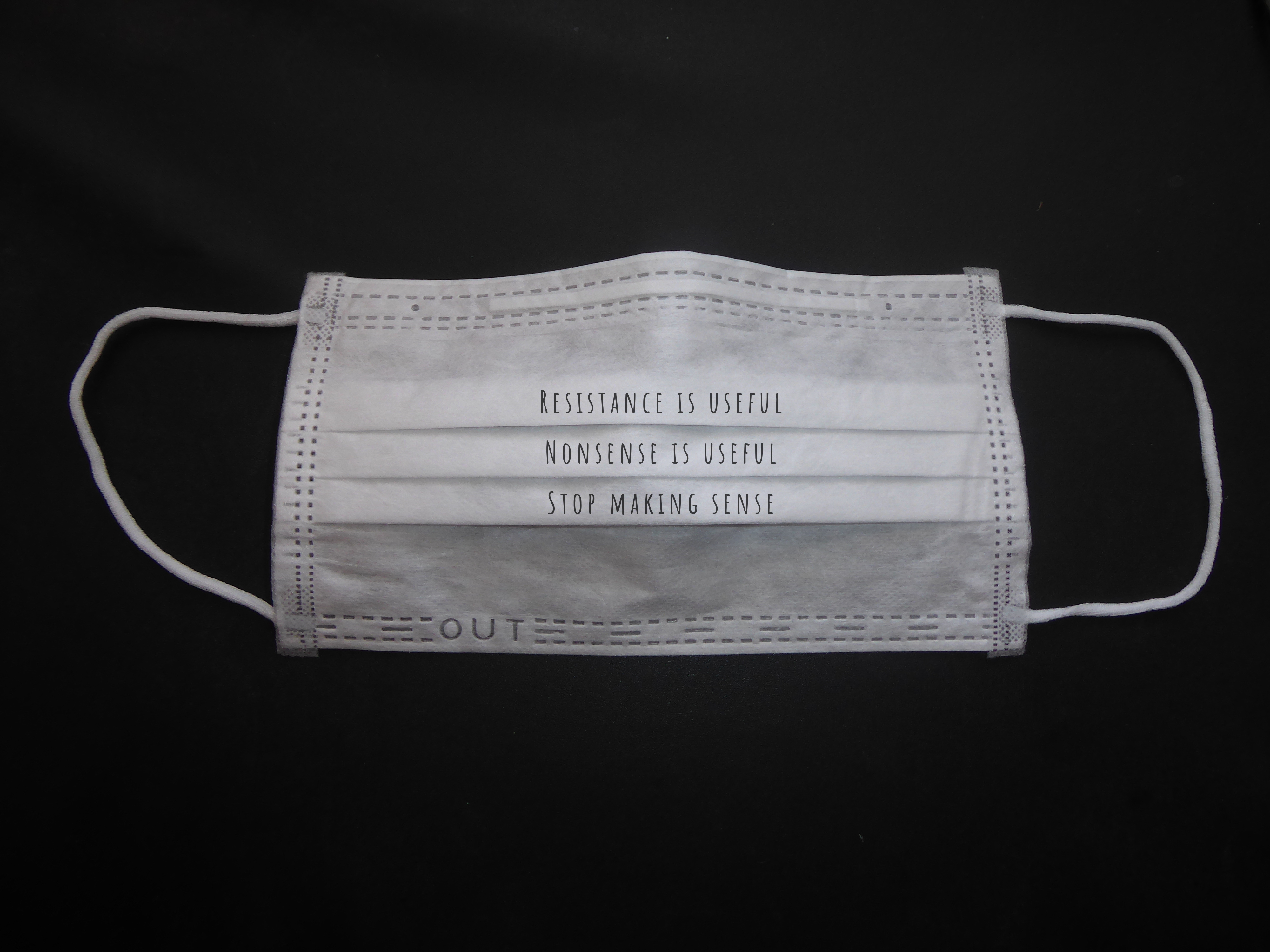 mask poem 19
mask poem 19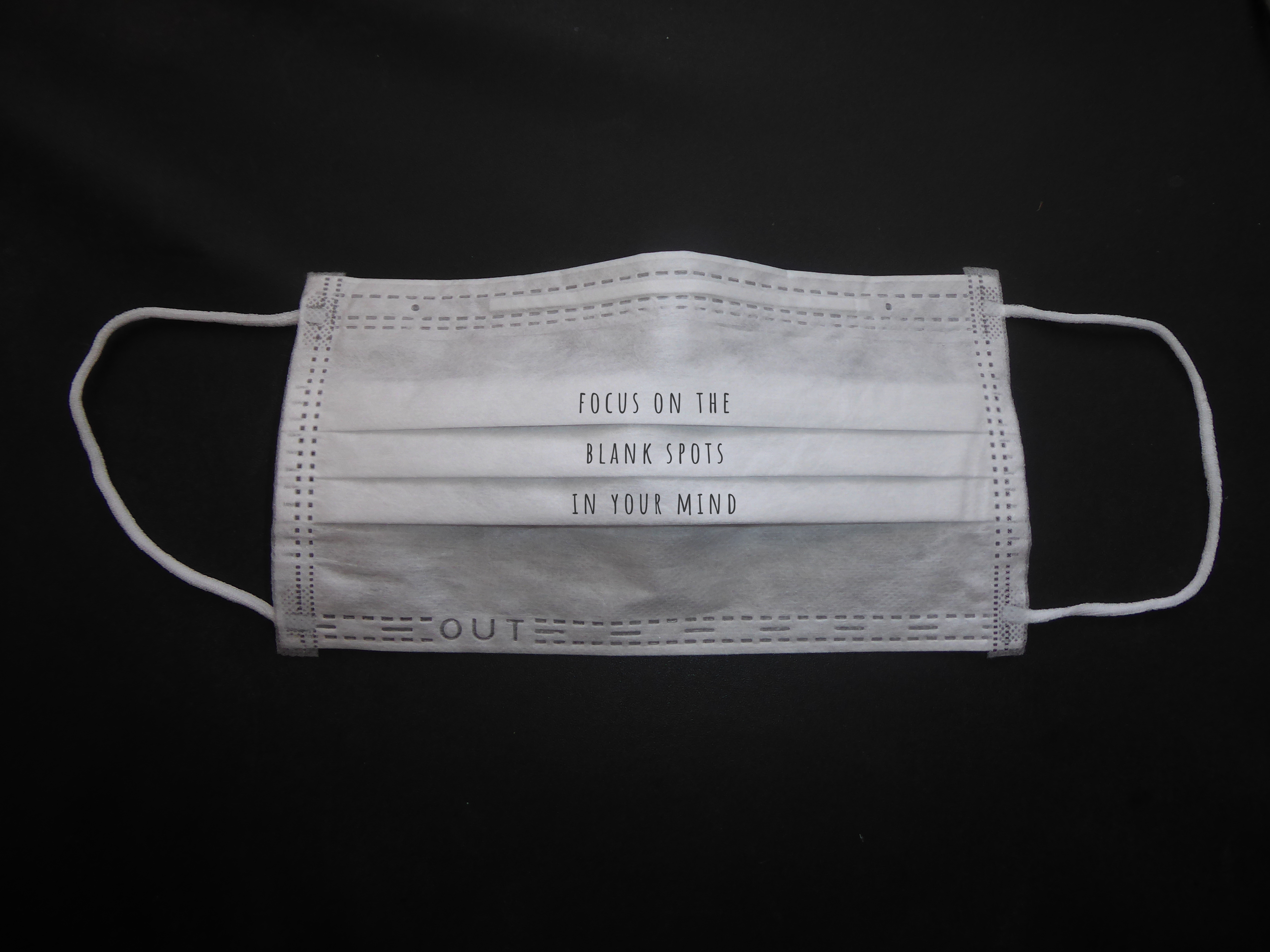 mask poem 20
mask poem 20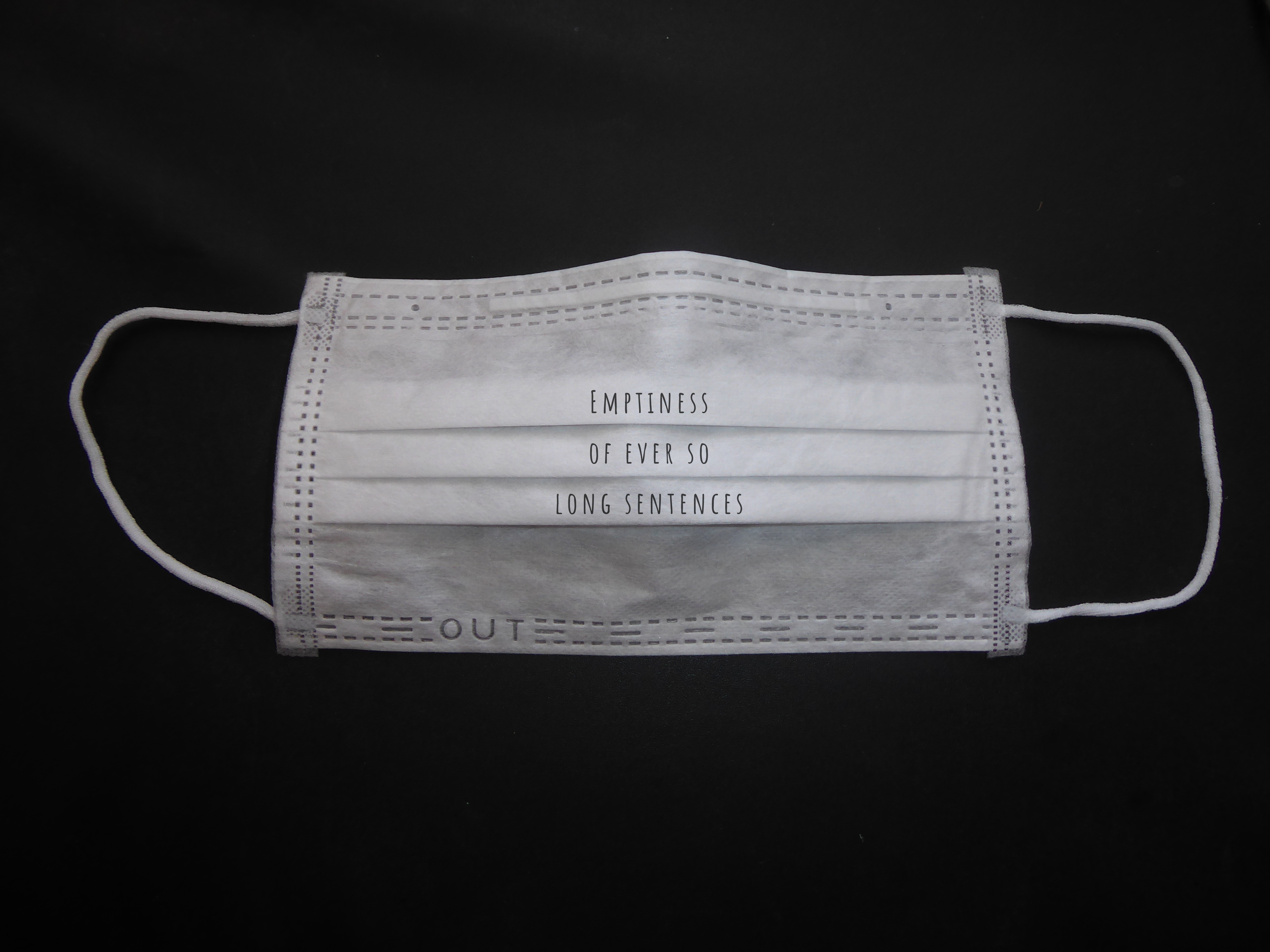 mask poem 21
mask poem 21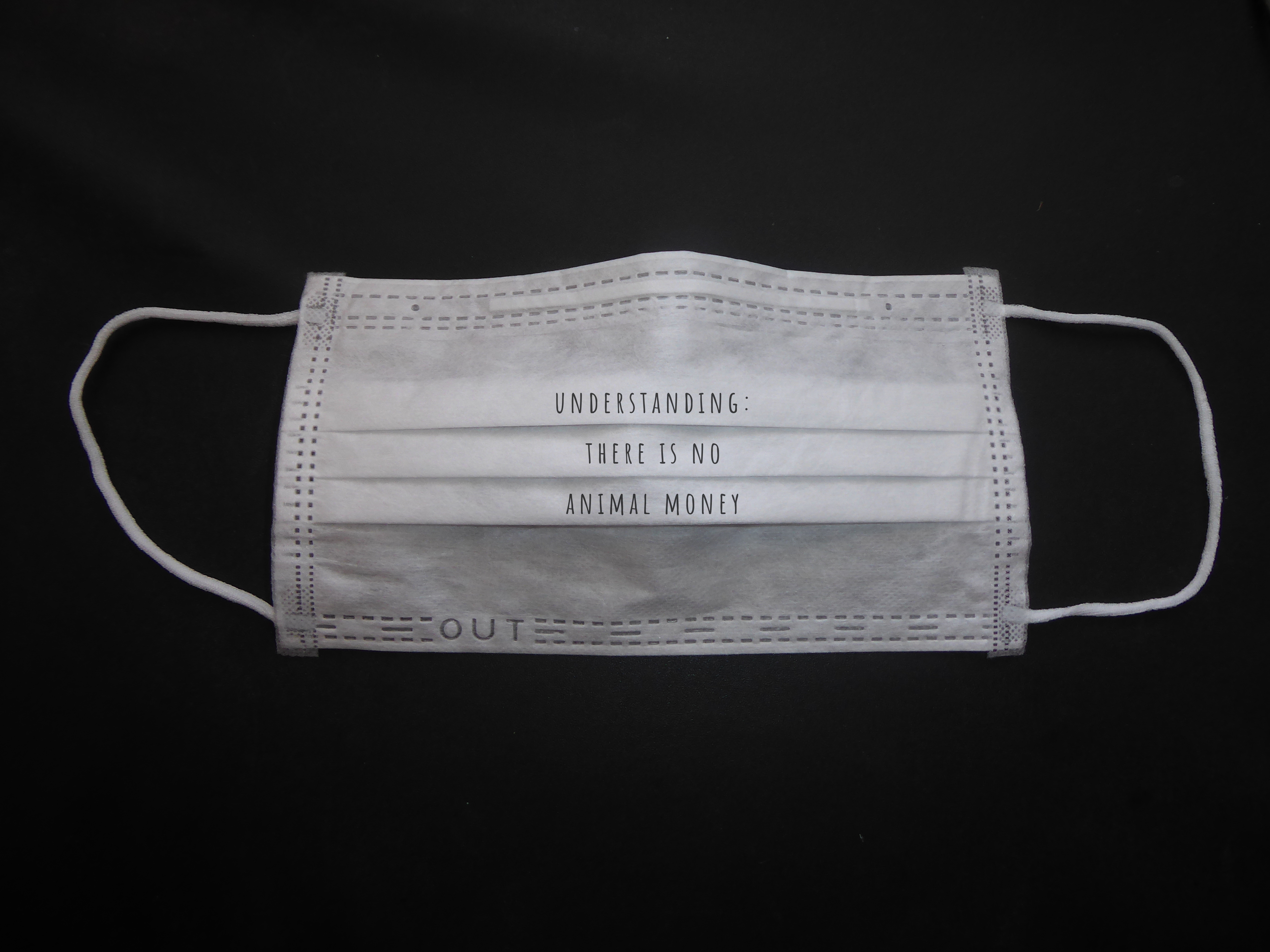 mask poem 22
mask poem 22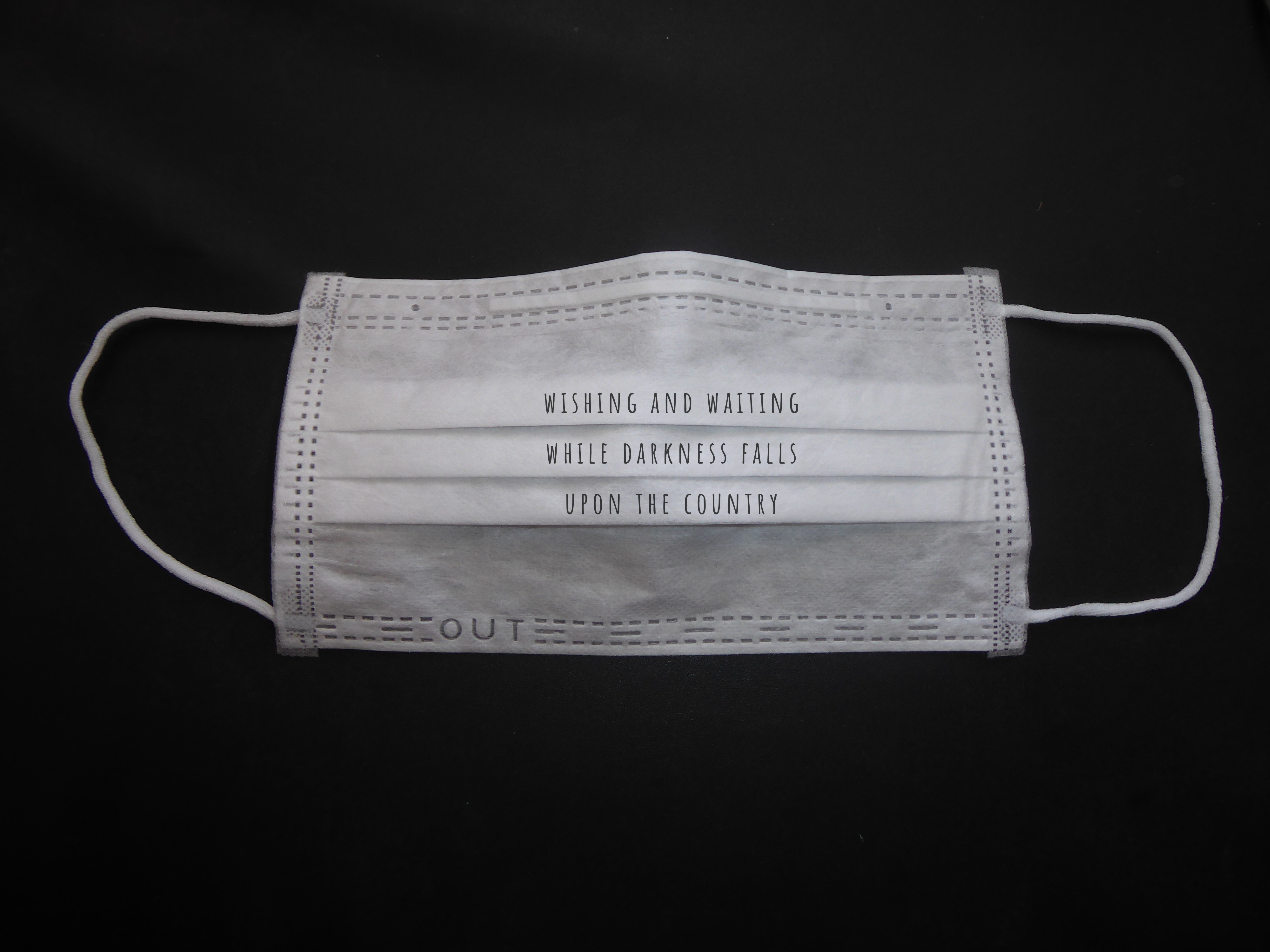 mask poem 23
mask poem 23